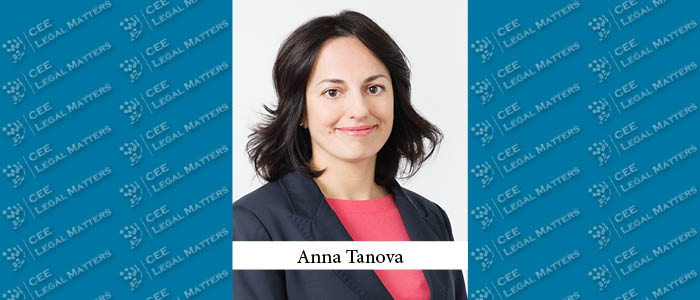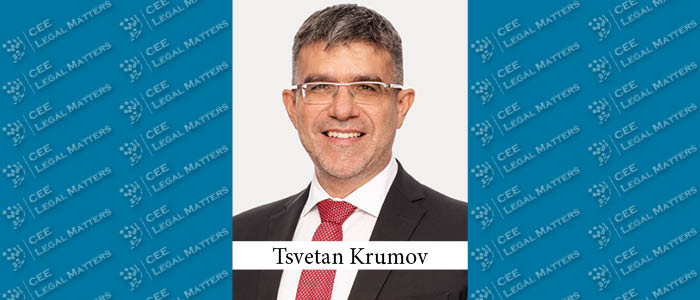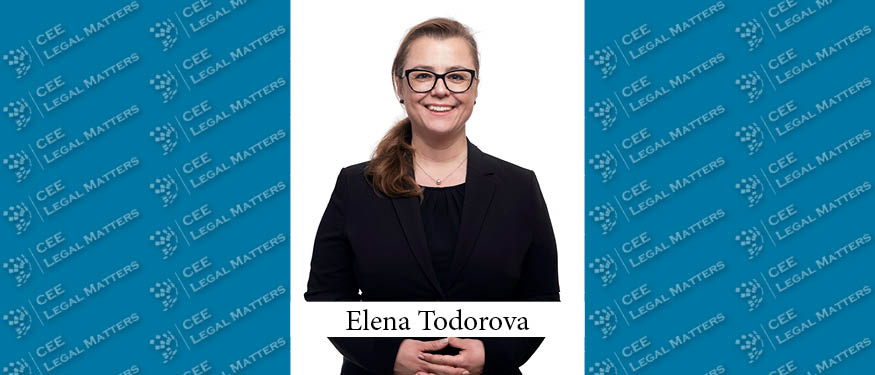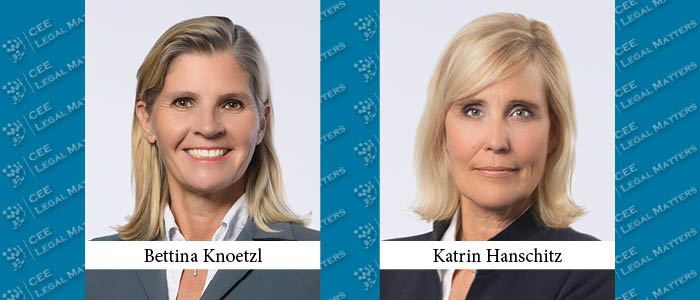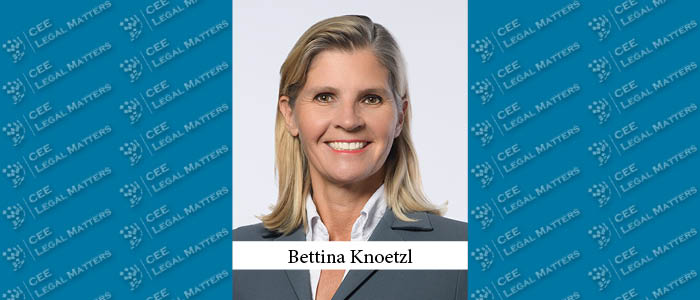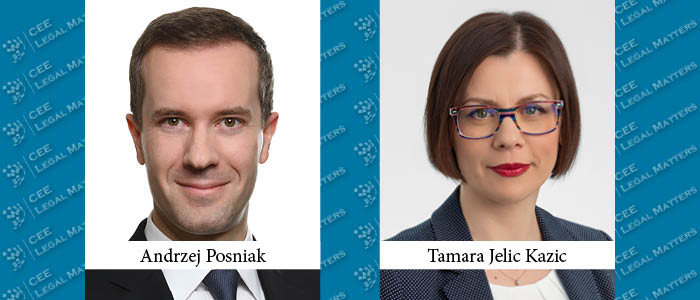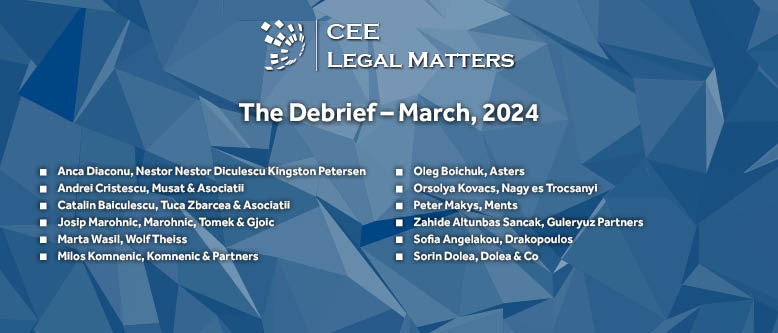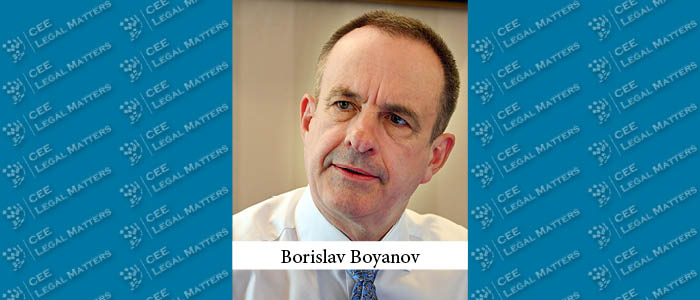The waves of the COVID-19 pandemic, although hitting the population quite hard, served as an impetus for employees seeking refuge in home office.
The Spectrum of Hydrogen: Unravelling the Meanings Behind Its Colors
In the burgeoning landscape of alternative energy, hydrogen emerges as a beacon of hope, championing the transition toward a cleaner, more sustainable future. However, not all hydrogen is created equal, and the color code attributed to its production process not only paints a picture of its environmental footprint but also hints at the broader implications for our global energy matrix. This article delves into the colorful world of hydrogen, exploring the significance and implications of its diverse hues.
The Debrief: April 2024
In The Debrief, our Practice Leaders across CEE share updates on recent and upcoming legislation, consider the impact of recent court decisions, showcase landmark projects, and keep our readers apprised of the latest developments impacting their respective practice areas.
Bulgarian Competition Authority Sets Enforcement Priorities for 2024
Earlier this month, Bulgaria’s Competition Protection Commission (CPC) unveiled its strategic priorities for 2024, identifying sectors and activities that warrant increased regulatory scrutiny. These priorities will guide the CPC’s operational functions, which include market monitoring, signal verification, the initiation of administrative proceedings, market investigations, and ongoing enforcement actions.
Focus on Wind, Electricity Storage, and Phasing Out Lignites
Having a somewhat steady Government and Parliament since mid-2023 has led to more predictability in the Bulgarian regulatory environment for renewables. In October 2023, some important and significant changes to the RES Act entered into force, thus solidifying local support for renewable energy.
Bulgaria Updates its Copyright Act in Line with the DSM and CabSat Directives
The Bulgarian Parliament adopted amendments to the Copyright and Neighbouring Rights Act (CNRA) in December 2023 to transpose the Digital Single Market Directive (EU) 2019/ 790 and the CabSat Directive (EU) 2019/789.
M&A in Bulgaria: A Positive Outlook
Deal activity (both in terms of value and volume) dropped at the end of 2023 and the start of 2024. This is hardly surprising considering the overall unstable international environment and the variety of destabilizing factors at play. Regardless, we see signs of recovery.
Banking Legislative and Business Developments in Bulgaria During 2023
Following a long period of political instability, including five snap parliamentary elections in the past couple of years, as of June 2023, Bulgaria has a broad coalition government supported by a large parliamentary majority.
Real Estate Market in Bulgaria at the Beginning of 2024
It has started humbly, but 2024 is expected to be a year of interesting political developments. At a global level, there will be elections for the President of the United States and for the European Parliament. At a local level, in Bulgaria, a rotation of the government is expected, which means that, according to the preliminary agreements between the governing parties, the position of the Prime Minister will be taken by Mariya Gabriel (of the GERB party; currently at the position of Deputy Prime Minister), who will replace the current Prime Minister – Nikolay Denkov (of the We Continue the Change party) – in March. For now, it is still questionable whether this switch will trigger the termination of the mandate of some of the ministers.
Rise in Insolvencies Triggers Wave of Related Disputes
Galloping inflation and post-COVID-19 challenges are shaping the litigation market in Austria, with an unparalleled volume of insolvencies feeding into a high rate of litigation. Meanwhile, the Austrian government remains hesitant to implement the European collective redress system.
External and Internal Investigations Affected by Recent Developments
Internal investigations continue to be a crucial part of a robust compliance management system. Short messages exchanged on smartphones have become a significant source for internal as well as external investigations. The Austrian prosecution authority understands that screening smartphones is close to “manna from heaven” for any investigator. This Market Snapshot reports on two important developments in Austria: a constitutional court decision requiring a significant change of the law, and the impact of the newly implemented law for the protection of whistleblowers.
Tax: A CEE Level of Intricacy
CMS Poland Managing Partner Andrzej Posniak and CMS Croatia Partner Tamara Jelic Kazic discuss the complexities and opportunities inherent to the region’s tax landscape.
The Debrief: March 2024
In The Debrief, our Practice Leaders across CEE share updates on recent and upcoming legislation, consider the impact of recent court decisions, showcase landmark projects, and keep our readers apprised of the latest developments impacting their respective practice areas.
Editorial: To Kill a Market-Leading Goat
In antiquity, it was commonplace for people to sacrifice a goat to the gods – sometimes to pacify them but many times to simply bring good fortune. It took millennia to overcome the post hoc ergo propter hoc thinking of “something good happened to me after I killed a goat, therefore killing a goat got me something good.” Accurate or not, certain ideas, once set in our brains, have a nasty habit of sticking around way past their prime.
Guest Editorial: Lawyering in Interesting Times – A CEE Perspective
In an era of unprecedented challenges, the legal profession in Central and Eastern Europe (CEE) is at the forefront of navigating these turbulent times. We face a vast array of challenges, including wars, the rise of nationalism, global tensions, energy crises, economic uncertainties, pandemics, climate change, and the rapid pace of digital transformation. Each of these significantly impacts both our lives and profession.
Emerging Europe’s Energy Transition
Discussing how the energy markets are evolving – diversifying, moving away from dependence on Russian gas, and becoming ever-greener – CMS Partners Horea Popescu, Blazej Zagorski, Thomas Hamerl, and Maria Orlyk take a deep dive into the dynamic shifts in the energy landscape post-2022.
2023 in the Rear-View Mirror
As 2023 comes to a close, reflections on the year reveal challenges and achievements across Romania, Bulgaria, and Ukraine. Tuca Zbarcea & Asociatii Managing Partner Gabriel Zbarcea, Schoenherr Bulgaria Local Partner Ilko Stoyanov, and Avellum Managing Partner Mykola Stetsenko share their thoughts on what kind of a year it has been.
The Corner Office: 2024 Wishes and Perils
In The Corner Office, we ask Managing Partners at law firms across Central and Eastern Europe about their backgrounds, strategies, and responsibilities. As we bid farewell to 2023, this time around we turn our attention forward: What is your one main wish for 2024 and what do you see as the biggest potential risk?






